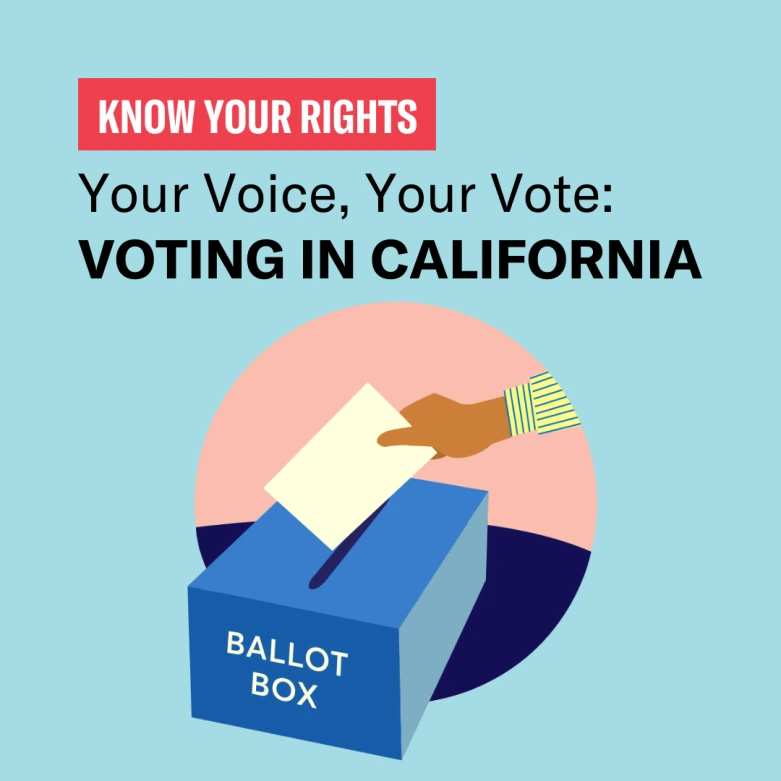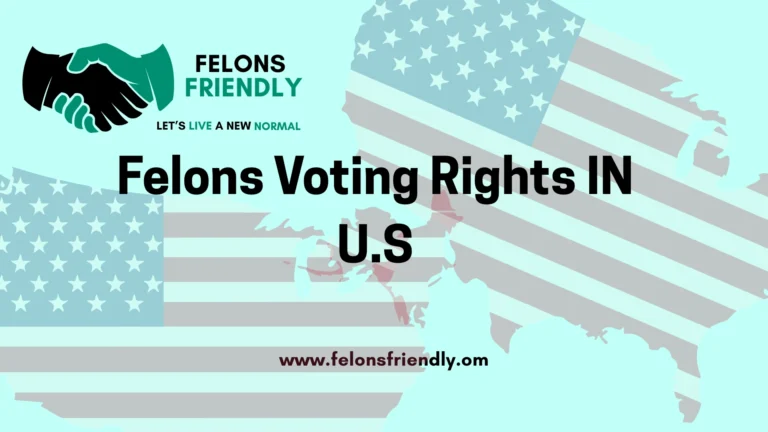What States Can Felons Vote? Understanding Felon Voting Rights by State
Felon voting rights have been a hot topic in the United States for years. While many Americans take the right to vote for granted, felons face varying restrictions depending on where they live. Some states allow felons to vote after they’ve completed their sentences, while others place permanent restrictions on their voting rights. In this article, we’ll explore felon voting rights by state, providing an in-depth look at the legal landscape across the country.
What States Can Felons Vote?
The History of Felon Voting Rights in the United States
Historically, felon disenfranchisement has been tied to systemic inequalities and criminal justice policies. When the U.S. first established voting laws, many states implemented laws that restricted voting rights for those convicted of certain crimes. Over the years, several states have reformed their laws to allow felons to regain their voting rights, while others continue to impose restrictions.

Felon Voting Rights by State: A State-by-State Breakdown
Each state in the U.S. has different regulations regarding felon voting rights. Some states automatically restore voting rights once felons complete their sentences, while others require additional steps, like a formal petition. Let’s take a closer look at felon voting rights across various states:
Felon Voting Rights in Florida
Florida is a state with a complicated history of felon voting rights. Until recently, felons in Florida were permanently disenfranchised unless they received clemency from the governor. However, in 2018, Florida voters passed Amendment 4, which restored voting rights to felons who completed their sentences, including parole and probation. Unfortunately, it excludes felons convicted of murder or sex offenses. Felon voting rights in Florida are still subject to ongoing legal debates and court challenges, but overall, Florida has seen significant changes in recent years.
Felon Voting Rights in Texas
In Texas, felon voting rights are restored after a person has completed their sentence, including parole or probation. Once released from incarceration and finished with all terms of their sentence, felons can register to vote. This applies to both state and federal elections. However, individuals on parole or probation are still prohibited from voting in Texas.
Felon Voting Rights in Tennessee
Tennessee is one of the stricter states when it comes to felon voting rights. A felon in Tennessee may only regain their voting rights after completing their sentence, including probation or parole. However, certain individuals convicted of serious crimes, like murder or sex offenses, are permanently banned from voting. Felon voting rights in Tennessee are subject to a complicated legal process, and it’s important to check individual circumstances before assuming voting eligibility.
Felon Voting Rights in New York
In contrast to states like Florida and Texas, felon voting rights in New York are more liberal. In New York, felons are allowed to vote while incarcerated, as long as they’re not serving a sentence for a felony conviction. Once felons are released, their voting rights are fully restored. This progressive approach is part of New York’s ongoing efforts to promote criminal justice reform.
Felon Voting Rights in California
Felons in California are allowed to vote while on parole. California law restores voting rights to individuals who have completed their prison sentences, including those who are on parole. This makes felon voting rights in California more lenient compared to many other states. However, people who are still incarcerated for felony convictions are not permitted to vote.

Felon Voting Rights in Virginia
Virginia has historically been one of the strictest states when it comes to felon voting rights. However, in 2020, Virginia Governor Ralph Northam signed an executive order restoring voting rights to more than 200,000 Virginians who were formerly incarcerated. Felon voting rights in Virginia have since improved, but certain conditions still apply depending on the nature of the crime.
Felon Voting Rights in Oklahoma
In Oklahoma, voting rights are automatically restored to felons once they complete their sentences, including probation or parole. However, those convicted of a felony involving a violation of the law governing elections or the use of violence are barred from voting in the future. Felon voting rights in Oklahoma are largely restored after the completion of sentences.
Felon Voting Rights in Michigan
Michigan allows felons to vote once they’ve completed their prison sentence and probation or parole. Unlike some other states, Michigan does not require an individual to petition to have their voting rights restored. Felon voting rights in Michigan are considered more accessible than in many other states.
Read More: Countries Felons Can Visit with or Without Travel Restrictions
Felon Voting Rights Map: Understanding State Differences
A felon voting rights map can help individuals quickly understand which states restore voting rights to felons and under what conditions. The map shows the wide variation between states, with some offering automatic restoration and others requiring a petition or clemency process.
Can Felons Vote in Federal Elections?
The big question for many is whether felons can vote in federal elections. The answer largely depends on the state they live in. In most states, felons are allowed to vote in federal elections once they’ve completed their sentences. However, in states like Florida and Iowa, felony convictions may carry lifetime voting bans, even for federal elections. Therefore, the question of whether felons can vote in federal elections hinges on the state laws governing felon voting rights.
Can Felons Vote for President?
Yes, felons can vote for president in most states after completing their sentences. However, as with other types of elections, this is subject to state law. In states like Florida, felons must meet specific conditions to vote in presidential elections. The rules for felon voting rights for president are largely the same as for any other election, depending on the state’s laws.
How Many States Let Felons Vote?
As of recent years, felon voting rights have expanded in many states. Currently, around 30 states allow felons to vote after serving their sentences. While the rules vary widely from state to state, the trend is moving toward broader voting access for felons.
What States Can Felons Vote In?
To answer the question of what states can felons vote in, it’s important to remember that laws change frequently. Currently, more than half of U.S. states have some form of voting rights restoration for felons. While some require a waiting period, others automatically restore voting rights after release from incarceration.
Final Thoughts on Felon Voting Rights
Understanding felon voting rights is essential for those who have been convicted of crimes and want to regain their voting privileges. While the rules differ from state to state, the trend in the U.S. seems to be shifting toward more inclusive policies. If you’re wondering can felons vote in Ohio or can felons vote in California, it’s important to research the laws in your specific state. As the landscape continues to change, more felons may find themselves with the right to cast a ballot in upcoming elections.

